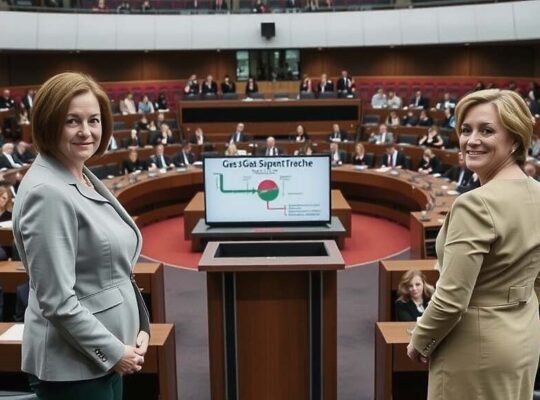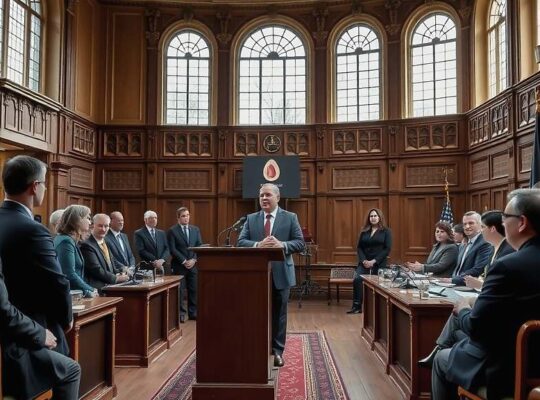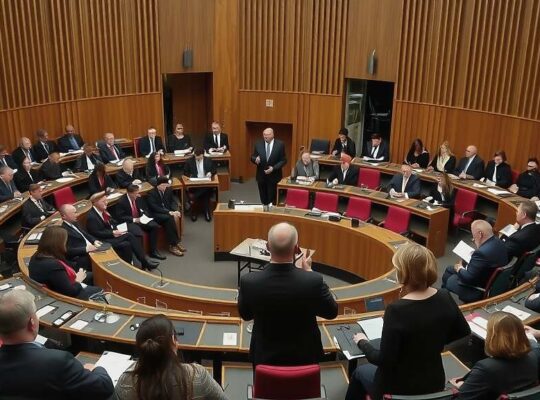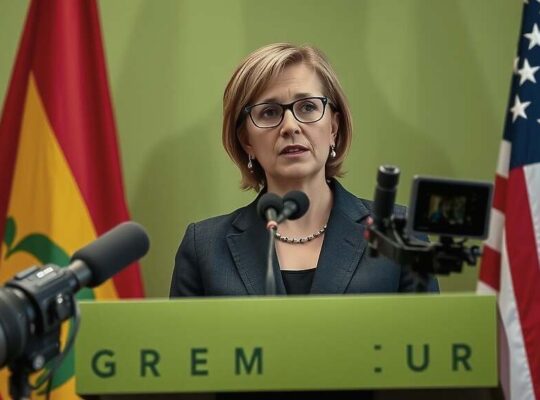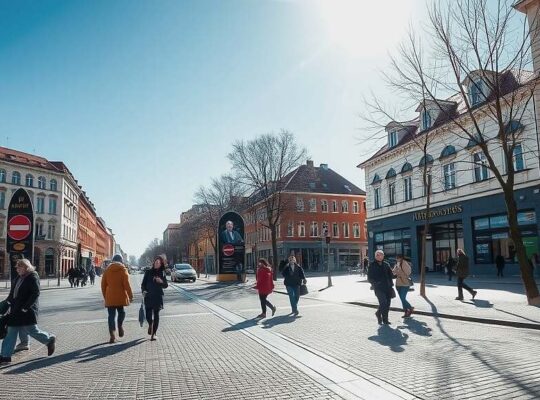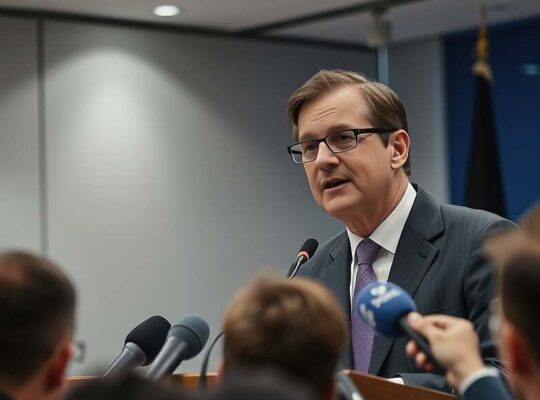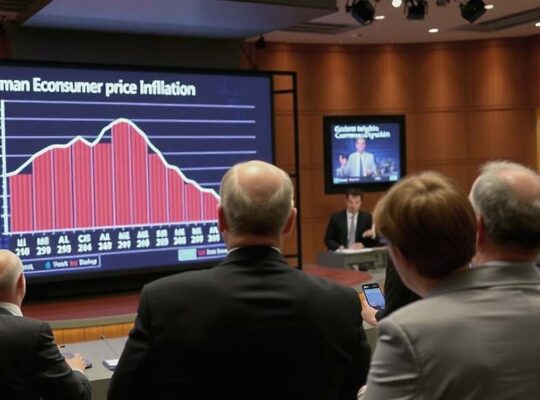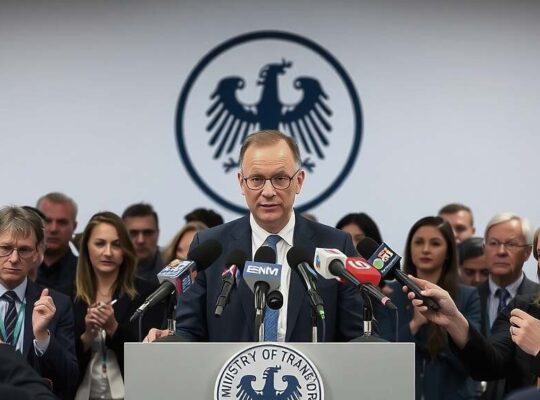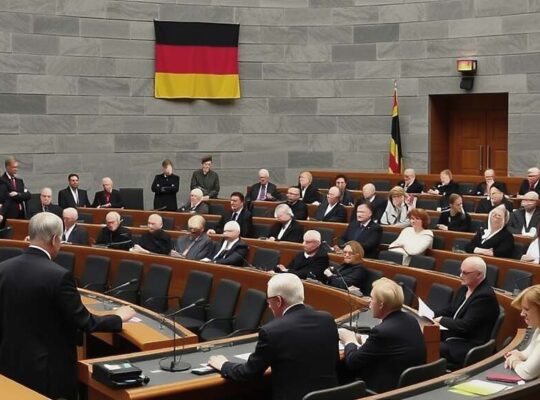Public Confidence in German National Team Remains Low Ahead of 2026 World Cup
A recent survey reveals a concerning lack of optimism amongst German citizens regarding the men’s national football team’s prospects at the 2026 World Cup, hosted jointly by Canada, Mexico and the United States. Conducted by the market and opinion research institute Forsa for “Der Stern” and RTL Deutschland, the poll highlights a disconnect between the team’s recent qualification and public expectations.
Only eight percent of those surveyed believe that coach Julian Nagelsmann’s squad is capable of securing the championship. Notably, this sentiment is significantly more subdued in eastern Germany, where merely one percent anticipates a German victory. This regional disparity raises questions about the unifying power of national football in a country still grappling with historical and socio-economic divisions.
While self-identified football enthusiasts demonstrate slightly greater belief, with thirteen percent predicting a title win, the overall level of confidence remains remarkably low. The data underscores a potential challenge for the German Football Association (DFB), which may need to actively rebuild public faith in the team following recent performances and a perceived lack of consistent success.
The survey’s detailed breakdown of expected tournament outcomes is equally revealing. A considerable 27 percent predict a quarter-final exit, while 15 percent foresee elimination in the Round of 16. Another 18 percent anticipate a semi-final defeat and eight percent forecast a final loss. The implication is that while a majority (61 percent) expect the team to at least reach the quarter-finals, the margin for error is slim and potential for disappointment appears substantial.
The findings, based on responses from 1,007 participants collected on November 20th and 21st, come at a critical juncture for the DFB. Beyond simply qualifying for the tournament, the organization faces the pressure of managing public expectations and fostering a renewed sense of national pride through its national team-a task complicated by this pervasive lack of belief. The data prompts a crucial question: can the team’s performance alone quell this prevailing pessimism or are deeper issues at play affecting the relationship between the national team and the German public?



